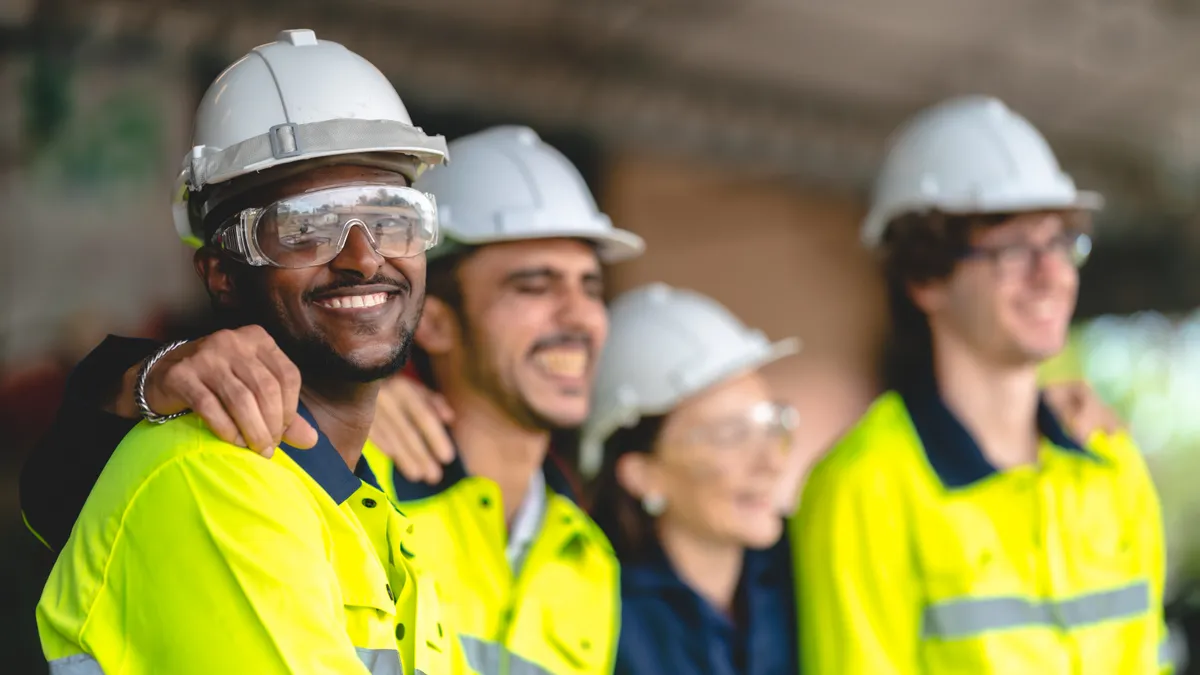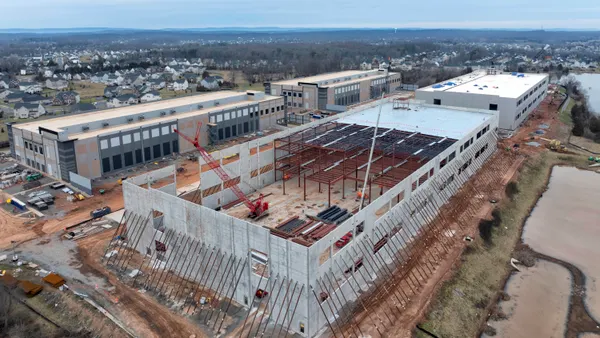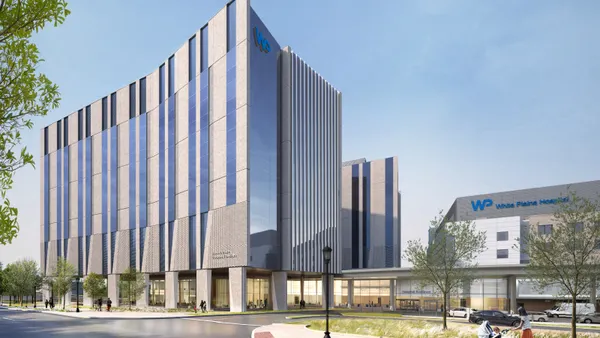Alok Chanani, a former U.S. Army captain, is the co-founder and CEO of Santa Monica, California-based construction technology firm BuildOps.
Opinions are the author’s own.
As someone who's navigated the construction world from multiple vantage points, I've come to see our current labor shortage not just as a challenge but as a pivotal opportunity for growth and inclusion.
When I co-founded BuildOps, it was with the belief that technology could be the great equalizer in an industry historically slow to change. Today, as we face a shortfall of nearly half a million workers, I'm more convinced than ever that technology isn't just about efficiency; it's about opening doors for everyone.
It's clear to me that the solution to the labor shortage doesn't just lie in filling this gap but in rethinking whom we consider filling it with. Women and Black people, for example, represent just a small slice of construction workers — 11% and 7%, respectively.

My experience has taught me that technology — artificial intelligence, blockchain and virtual reality, in particular — can do more than solve our worker shortage. They can make the industry fairer for everyone.
Hire smarter with AI
When we started BuildOps in 2018, our entire workforce could fit inside a small home. Today, we’re at nearly 300 employees. Recruiting top-tier talent at that scale showed me just how much traditional hiring practices were limiting our ability to find the best candidates.
The introduction of AI-driven recruitment is a game changer. By leveraging AI, we can sift through applications based on skills and potential rather than background or connections. This approach not only speeds up the hiring process but brings a wealth of diverse talent and perspectives to our team, enriching our workforce in ways I hadn't imagined.
And while as a tech-based startup, incorporating new technologies is second nature to us, embedding AI into the hiring process can be incredibly easy for any organization, including those in the trades. Platforms like Workable run on autopilot to find the best candidates based on skills, to predict which employees are likely to thrive and to help ensure you’re building a diverse team.
Bring fairness to bidding with blockchain
While nearly 28% of construction firms in New Jersey are minority-owned, they received just 3.7% of state-awarded funds for prime construction contracts valued up to $5.7 million, according to a New Jersey Disparity Study released earlier this year.
A similar report in Massachusetts in 2022 found that 95% of that state’s construction contracts failed to meet inclusion goals for minorities and women.
It’s hard to attract people to an industry if they feel they’re being shortchanged. As a minority business owner, I know this feeling firsthand.
When it comes to the bidding process in construction, blockchain can change that. This decentralized, public platform records every bid and contract on a secure, transparent ledger. This means everyone gets a fair chance to win work based on their merits, not who they know. It’s about making sure the best ideas win, period.
Democratize training with VR and AR
I’m fortunate to have daily conversations with businessowners looking for ways to use tech to level up. One area many leaders are enthusiastic about is using VR and AR for training.
Our customers have shared stories of individuals who had never considered construction as a career path become more confident in their abilities, all through virtual training. This technology has allowed us to break down barriers to entry, making construction accessible to a broader audience and preparing a new generation of workers for the challenges and opportunities of our field.
With more advanced headsets coming into the marketplace, I’d expect VR/AR training to become standard practice in our industry soon, both for prospective and current employees. You might have even seen ads recently to that effect, featuring Meta Quest and ForgeFX.
Looking ahead
Yes, bringing in these technologies means facing some big hurdles. We need the right equipment, people need to learn how to use these tools and we've got to make sure everyone’s data stays safe.
But these challenges aren’t stopping us. They’re just steps on the path to building a construction industry that’s ready for the future — one where everyone has a chance to build a career they’re proud of.
We're on the edge of a new era in construction. One where technology doesn’t just fill our labor gaps but builds bridges to a more diverse, skilled and innovative workforce. It’s time for us to step up and embrace this change.














